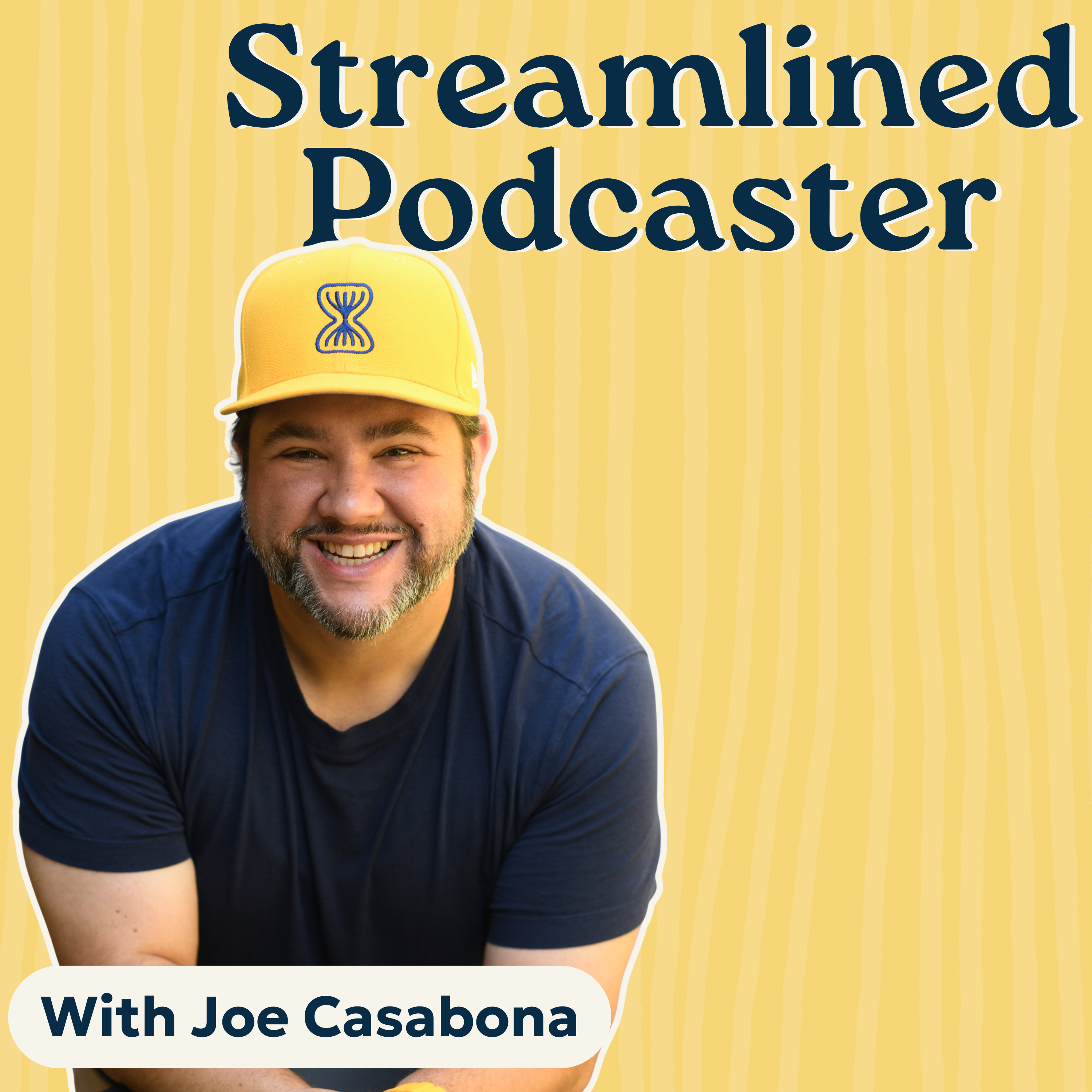Podcasting Made Simple
Podcasting Made Simple is the premier podcast about podcasting! We’re here to help podcast guests and podcast hosts reach more listeners and grow their income so they can change more lives! Join Alex Sanfilippo and other podcasting industry experts as they share how you can level up on either side of the mic! (Show notes and resources: https://PodMatch.com/episodes)
Podcasting Made Simple
Selling Books Through Podcast Guesting | Jonathan Milligan
MORE FROM THIS EPISODE: HTTPS://PODMATCH.COM/EP/165
What marketing trends are working today for authors? In this session, Jonathan Milligan shares five steps to selling more books through podcast guesting. You'll discover: Why you should create a free book funnel. How Jonathan earns $165.00 for every free book he gives away on podcasts. Why a "buyer" list is more important than an email list. If you're an author (or future author), this session explains how to sell more books through podcasting!
MORE FROM THIS EPISODE: HTTPS://PODMATCH.COM/EP/165
🎁 Want 9 quick ways to level up as a podcast host, guest, or agency? Visit https://PodMatch.com/Free! (No signup required)
"Dad, we need to talk." Now, those are words no father wants to hear. My daughter had my undivided attention. It was last summer and I was sitting down, into the second inning of a New York Yankees baseball game. And she came to me with that loaded question. So first of all, what did I do? I paused the game. Don't you love the fact that we can pause live sports now? And so I paused the game and I said, "Yeah, sure, what do you got?" And I was just gearing up myself to hear what was the question. Where was this conversation going? And then she said, "What should I do next to build my online platform?" Well first of all, when she asked that question I was relieved, because that question could have went in a lot of different, areas, right? So just to give you a little bit of context, I am a full-time blogger. My name's Jonathan Milligan, and I've been blogging full-time online since 2011, podcasting since 2012, and I've been an author and a speaker and a coach for these last several years, full-time online. In this past year, I published a book called Your Message Matters. And when the book came out, my daughter was away at college. She got a copy of the book, and little did I know she consumed the book. I didn't even know she was reading it. She consumed the book, highlighted the book, marked up the book, and then she contacted me and said, "Dad, I now understand what you do, first of all", which was kind of funny."And then second of all, I want to do this, and I've already talked to my cousin, who's been reading your book and she wants to do this." So the book helps you to learn how to take a passion and turn it into a platform online. And so she said, "We've already been talking, we're going to launch a blog. We have a podcast that we want to launch and a YouTube channel." I said, awesome. Happy to help you think that through. Now, they had done those things, and now fast forward to the summer when she asked me that question, "What should I do next to build my online platform?" So I thought for a second, and you know, when you're offering advice to your own kids, you want it to be the right advice. You don't want to just flippantly answer a question to your own child and they end up go wasting their time. And so, me and my mind was racing on a lot of different things. And I said, you know what? This is what you need to do. You need to build your authority. And she's like, "Okay. So, what's the fastest way for me as a 19 year old to build my authority?" And I thought for a little bit, I thought fastest way fast, I mean, you could do this, that, I know, I know what it is. It's to write and publish your own book. See, there's nothing like having a book that builds your authority faster. I mean, there, there is nothing that builds your authority faster. For the average person out there, having a book, they see you as a recognized expert, influencer, thought leader and people love to consume books. It's also a very intimate way of getting people to understand what you're all about. Because as they go through the journey of reading your book, they become more connected to you. They trust you more, and there's just a lot of benefits that a book can bring. And that's why I want to share with you for just a few moments, how authors can sell more books through podcast guesting. Now I'm going to give you five steps, but some of these steps are not going to be conventional. And you really got to think about this. It's going to be different than what 90 to 95% of authors are doing out there with their books. All right. So let's jump into this and let's kind of walk through this. It's the same steps that I've walked my daughter through, who's in the middle of writing her book. Step one is to self publish a compact book. Now, if you have a book already, you're good to go. You can move on to step two, but if you don't have a book yet, I want you to listen up because writing a book can be very daunting for most people. If you've never done it, it can just feel overwhelming. Something that could take you a year to actually get to. Now, here's what we teach, and here's what I like to teach is, the concept of a compact book. So if you self publish, you can make your book as long or short as you want it to be. Now, when I did my last book, it was a traditionally published book. And according to the agreement, I had to deliver a 60,000 word manuscript. They wanted a certain size, but here's the thing, there's a trend going on right now, of people consuming shorter books. I like to call them a compact book, like a compact car. And a compact book is going to be something between 25,000 and 30,000 words. So half the size of a book. Now, before you think that that can never go or that can never show value. Let me give you some examples. First of all, this is a strategy Michael Hyatt, a New York times best-selling author has been using the last couple of years. He has published several of these, a couple of these every year of shorter compact books. You can see from this book, it's probably about 30,000 words, 150 pages, much shorter self published. Another example is John Maxwell, another New York times bestselling author, who's taking the concepts from his books and creating kind of a smaller version of that book. And so these compact books can work really, really well. So that's step one. What then is step number two? Well, once you have your book, step number two is to set up a free book funnel. This is where I'm going to go against kind of the normal advice that's out there. The normal advice that's out there is you'll get out there on podcast, and after the interview, guilt comes to the end of the interview, then tell people, you know, go into the bookstore to buy it, go to Amazon and buy it. But here's the problem. The problem with that strategy, is there's no ongoing relationship that can be built. You see if somebody walks into the bookstore in Iowa and grabs a copy of this book, they may get value from the book, but they don't know how to go deeper. They don't know how to implement what they've read, right? They're not on my email list. And this is so important because this was a fundamental strategy for me when I launched this book. I decided I wasn't going to try to shoot for a bestselling book. In fact, I chose to do the opposite and that is to launch a free book funnel. And by doing a free book funnel, here's what I mean. I bought several thousand copies of my own book with an author discount. I set up a free book funnel, where they would just pay for shipping and the shipping that they would be paying for would pay for, my cost of the book plus the shipping to actually get it to them, right? So essentially I break even on the book. So Jonathan, why would you do that? Here's why, because I'm more interested in building a buyer's list, than an email list. I've been doing this for a long time and I used to be so focused on building my email list. But what I realized over time is 80% of the people on my email list are never going to buy anything from me. This the 20% that are my buyers and a buyer is a buyer is a buyer. Even if they purchase your book for $6 and 95 cents, they've already proven that they're willing to invest, in themselves to get better at that topic, right? And those buyers are so much more valuable than the freebie seekers on an email list. In fact, there was a study done that one buyer is worth sixteen email subscribers. So instead of a 16,000 size email list, you could have just as good of a financial result, with 1000 book buyers, 1000 buyers on the list. And what we have determined is that if you can get a thousand free book buyers, you can turn that into a six and seven figure business. It's pretty amazing how that happens. In fact, we just recently went back over the last year and looked at our numbers. And the people who come in from our free book funnel, who then go through a series of emails for a few weeks, in that there's a percentage of them that end up purchasing from us. So here's the numbers if you're interested. About 10% of the people who buy the book, who go through our email sequence, our automated email sequence, 10% of those people book a call. That's our call to action; hey, if you want help implementing what you've learned in our book, then book a call. We have different ways that you can work with me and my team. So 10% of free book buyers end up booking a call and then 25% of those people purchase our high ticket offer. Okay, so what does that mean? This is what that means, for every free book we give away, we earn $165 on average. So if you take the money we've made divided by the number of books in the last year, it's $165. Do you see the power in that? That's such a bigger, mover needle mover for your business than people just buying your book on Amazon and you earning a $3 commission. So very important. And that brings me to step number three. Now that you have your book and you've got a free book funnel, I want you to book 100 podcasts, podcast interviews as a guest. Now here's the truth, the first 20 or so they're going to be podcasts, you know, right? And ideally you want to choose a podcast that, has your audience. So it's not about just getting on any podcast. And those first 20 are kind of easy to come up with if you're a podcast listener, but the other eighty to get to a hundred are much more difficult. And that my friend is where we started utilizing PodMatch and why I am a big proponent of PodMatch. All of our clients, I tell them go use pod match because it's helped us to identify smaller niche audiences that are very specific to our audience, and it allows us to easily book and get on those podcasts. So why are a hundred interviews so important? Here's why. A hundred interviews, 30 minutes, a piece is 3000 minutes of being interviewed about your book. Once you've reached that threshold, you're really, really good about communicating your book to your audience, which leads me to step four. And that is to share your best stuff on the interview. Listen, it's important that you not forget the two primary reasons you are on that podcast. Guess what? It's not to sell your book. That will be a natural by-product, if you do two things really well. Number one, make that podcast host look good. You need to make them look good. Be prepared, be ready, answer their questions, don't over-talk them be succinct in your answers, don't ramble on forever. Be ready, show up, filled up and prepared, okay? That's number one. Number two is actually takes some time to look at, who the audience is. And this is another reason why I love PodMatch because the, I'm able to look and see in the description who the ideal audience is for this podcast. And I know whether I need to tailor this more to writers and authors, or this podcast is for coaches and consultants. So I need to tailor it more toward that. Or this is a brick and mortar business, not an online business, right? So it's so important that you nail this down. It's not about just selling your book. It's about adding value. That's so important. And then finally step five, is to offer a free book as your call to action. So whenever you get to the end of a podcast interview, we all know what that final question is. It's either one or two questions. Number one. How can people better connect with you? Or number two is where can people go to get your book? Now for me, I've set up a domain name, that's very specific to tell people exactly where to go, to get their free copy of the book. So instead of saying, oh, it's bookstores, it's on Amazon. I say, actually, you know, this is in bookstores at $16.99, but you can actually get a free copy. All we ask is you pay for the shipping and handling. I have purchased a few thousand copies and happy to give it away to the audience, as long as supplies last. That simple call to action has resulted in thousands of books that we've given away on podcast. Just a couple of examples. We were on the, Entrepreneur On Fire podcast and in the first 10 days from that going live, we gave away over 350 books. Several of those listeners became clients of ours. We were on the Dan Miller podcast, another 200 some books when that podcast dropped. Now some podcast might be 10 books. Some might be 20, but this is an accumulated effect over time. If you have a one to two podcast interviews lined up every single week, then as these get published, you're going to be like, oh, we got more book buyers. And those book buyers get in your funnel and those, those people in your funnel can book a call with you, to work with you, to do whatever it is you want them to do. Now, whether you want to sell a high ticket coaching or you want them to join your membership site, or you want them to purchase an online course or buy your service, if you provide a service, whatever it is, you can do that with a free book funnel. So there you go. Those are the five steps that I hope are an encouragement to you. So again, step one, self publish a compact book. Don't worry about making it a full 60,000 word book, let's go with 30,000 words. Step two, set up that free book funnel so that you're ready to go when you start getting out on podcasts. And then I want you to do book 100 podcast. I recommend PodMatch as a source to help you, especially if you don't already have connections in the podcast space. Share your best stuff on the podcast interview. Then when it's your turn to answer the final question, say, "Actually people, listeners of your podcast can go get a free copy of the book. Just pay for shipping and handling", and you send them to the domain name that you've set up for your free book funnel. I hope that helps you. And I hope that helps you to grow your business this next year by selling books on podcasts. Thank you.
Podcasts we love
Check out these other fine podcasts recommended by us, not an algorithm.
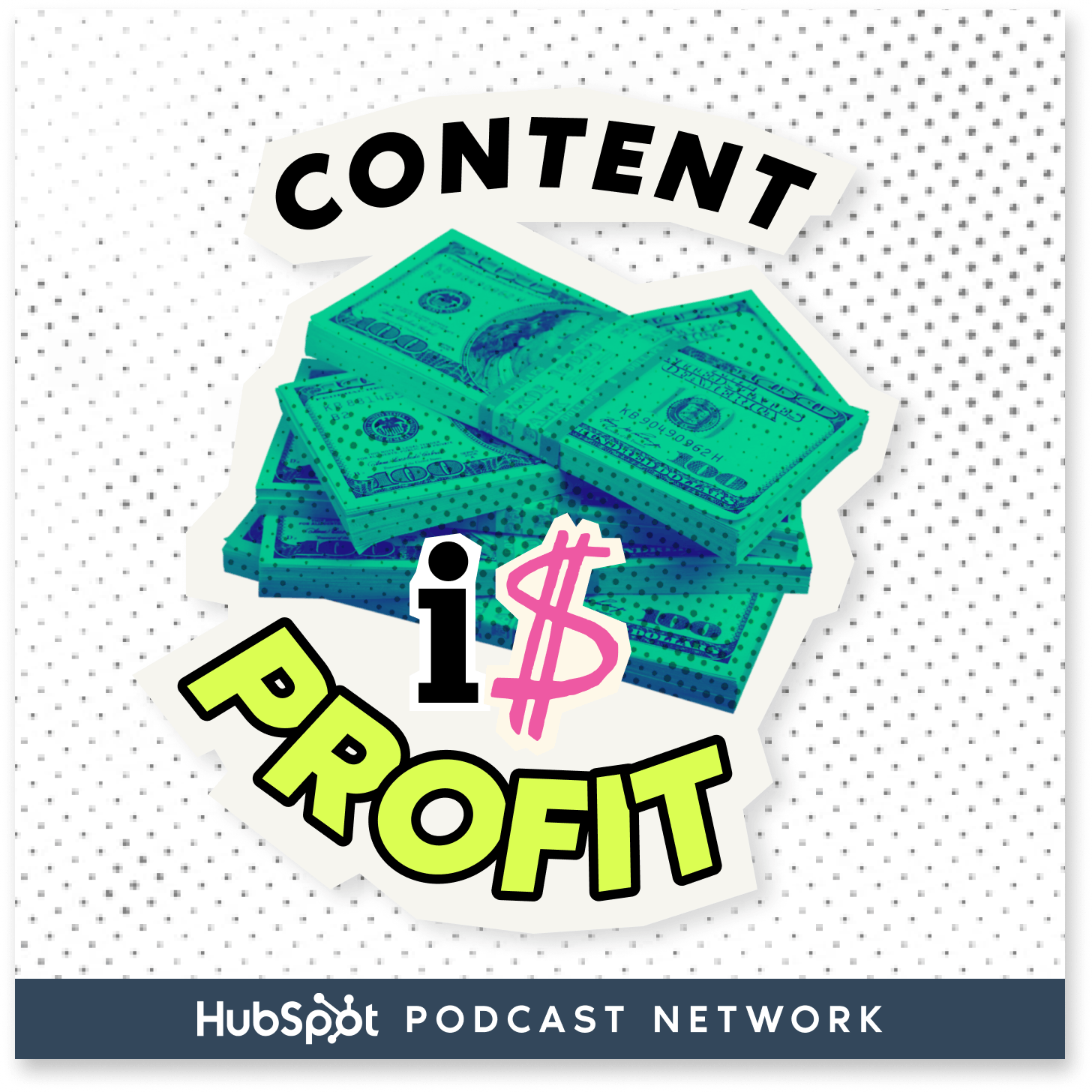
Content Is Profit
BIZBROS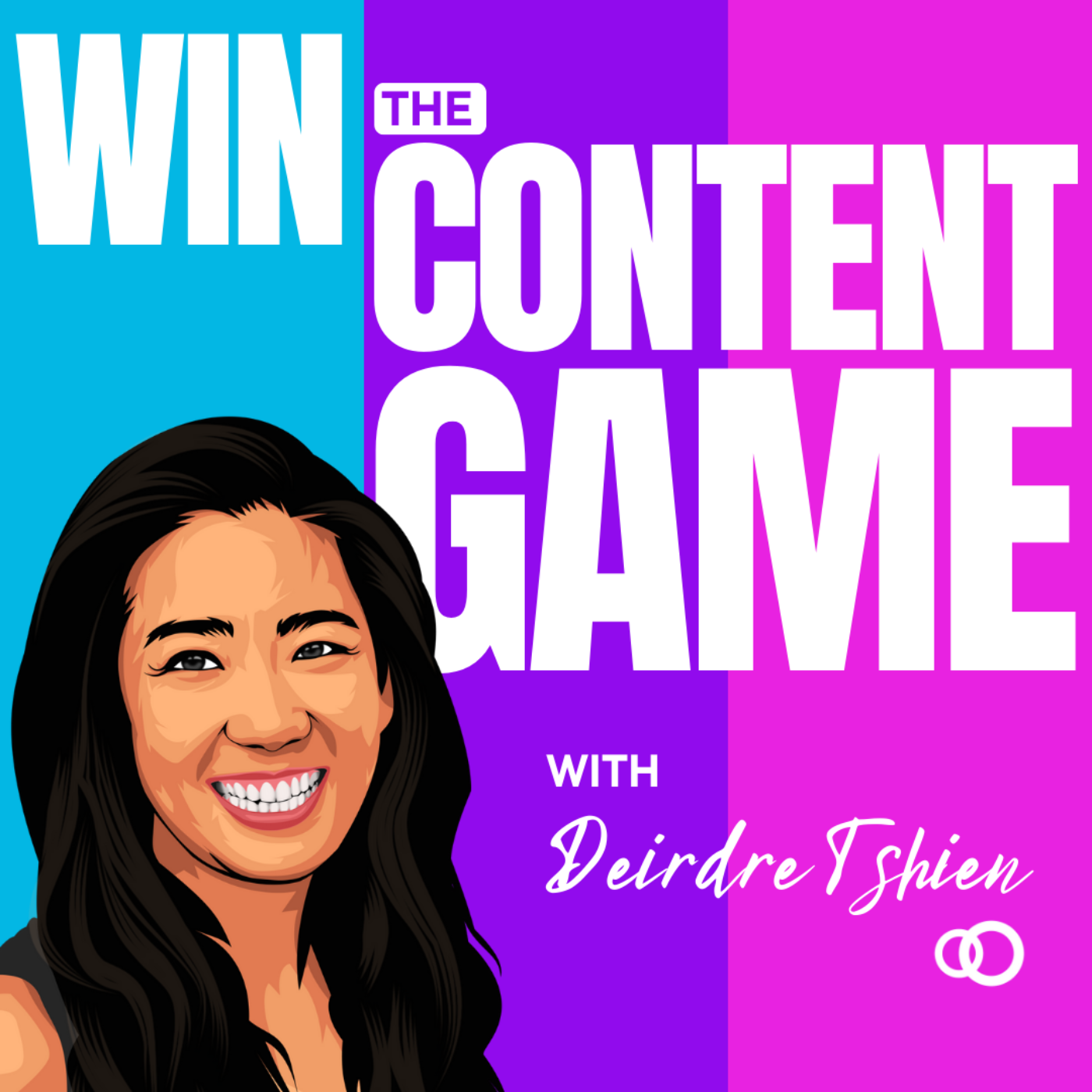
Win The Content Game
Deirdre Tshien - CEO & co-founder of Capsho, AI-powered Content Marketer (the fastest way to repurpose and market your expert content)
Fastlane Founders and Legacy with Jason Barnard: Personal Branding, AI Strategies, and SEO Insights
Jason Barnard Entrepreneur and CEO of Kalicube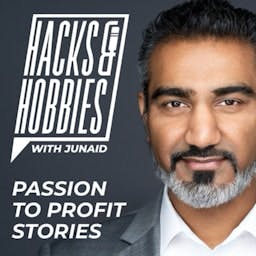
Hacks and Hobbies with Junaid Ahmed
Junaid Ahmed
I Have A Podcast by Vinnie Potestivo
Vinnie Potestivo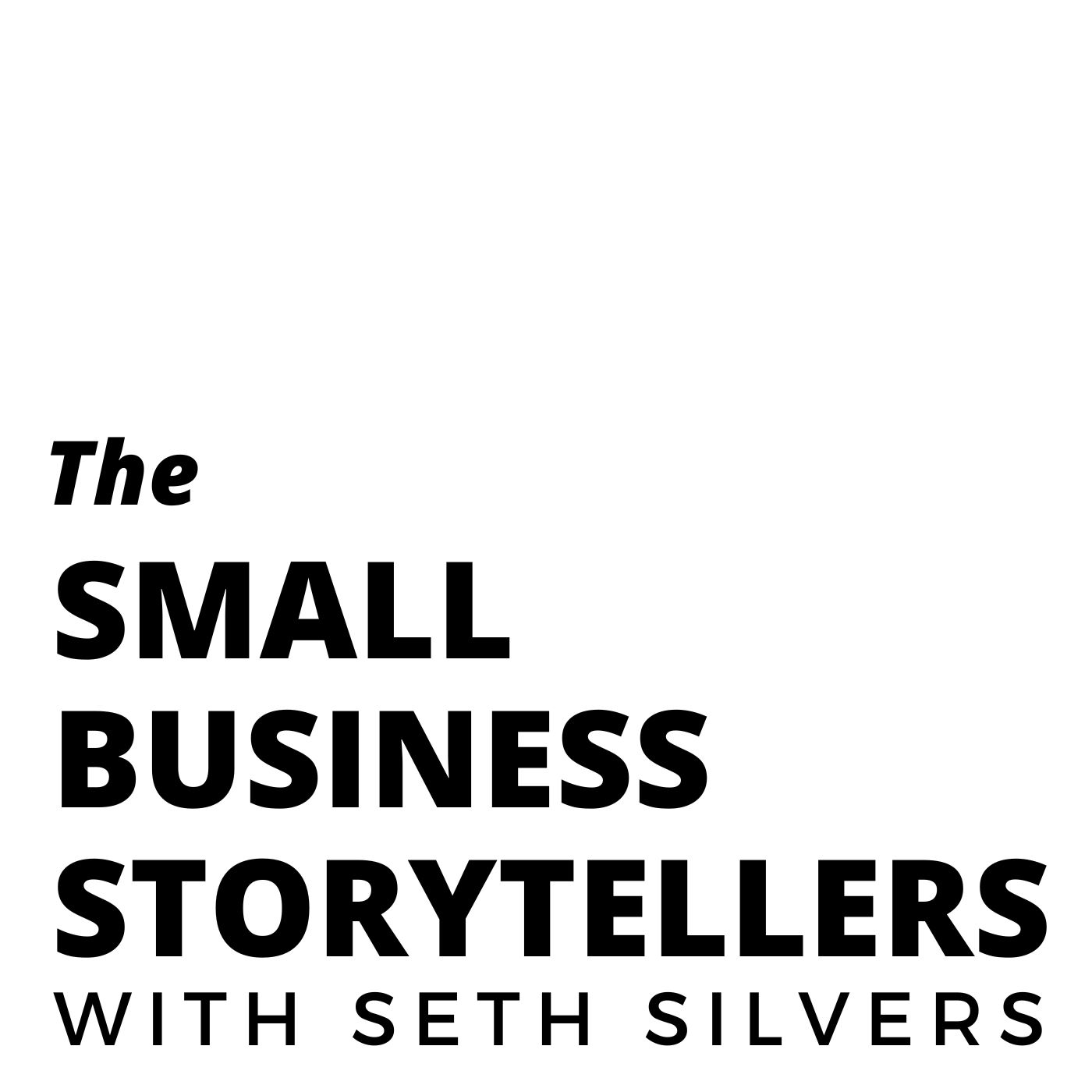
The Small Business Storytellers with Seth Silvers
Seth Silvers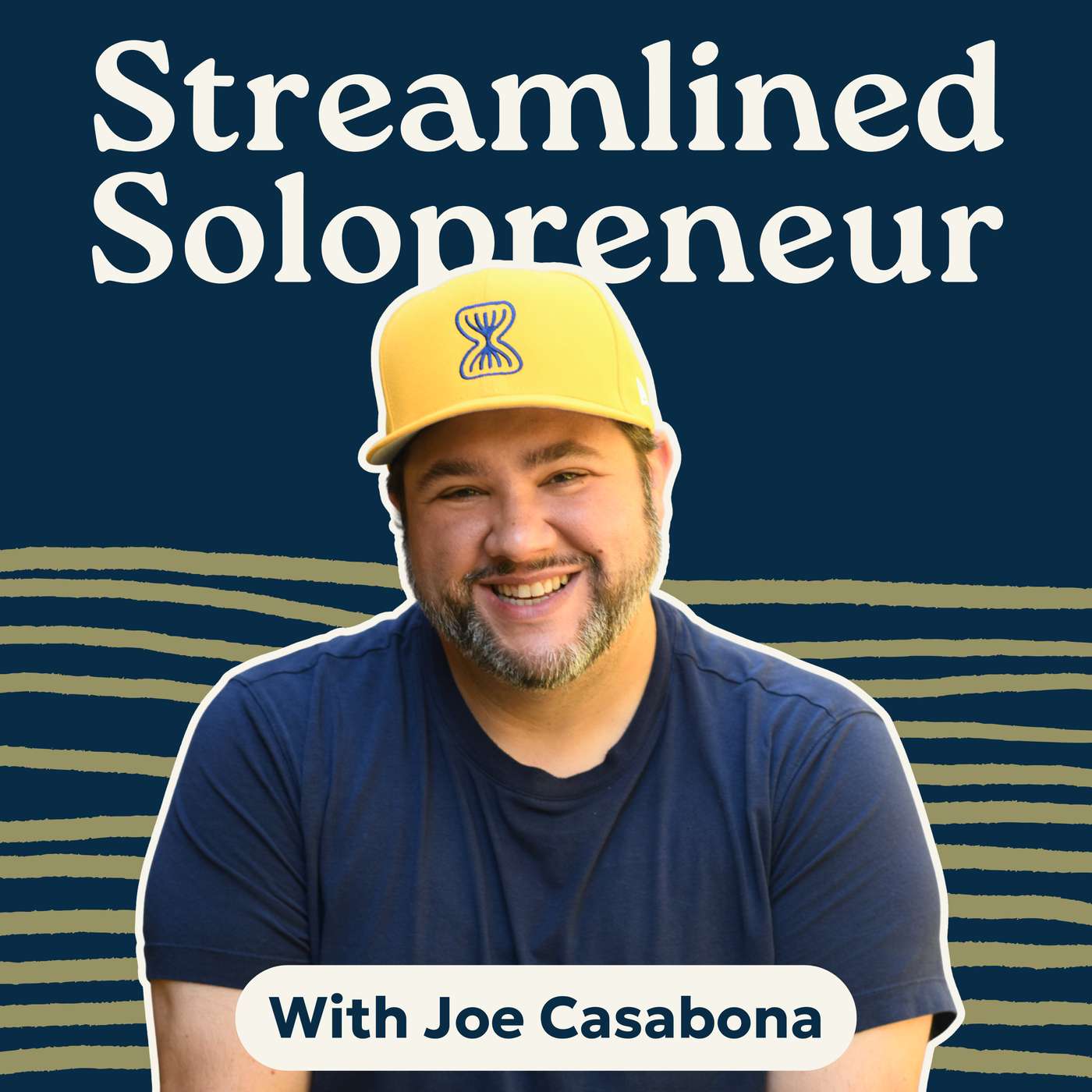
Streamlined Solopreneur: Tips to Help Small Business Owners Grow Without Burnout
Joe Casabona, Business Systems Coach
Insider Secrets to a Top 100 Podcast with Courtney Elmer | Podcasting Strategy for Business Growth
Courtney Elmer | PodLaunchHQ.comDo The Thing
Stacey Lauren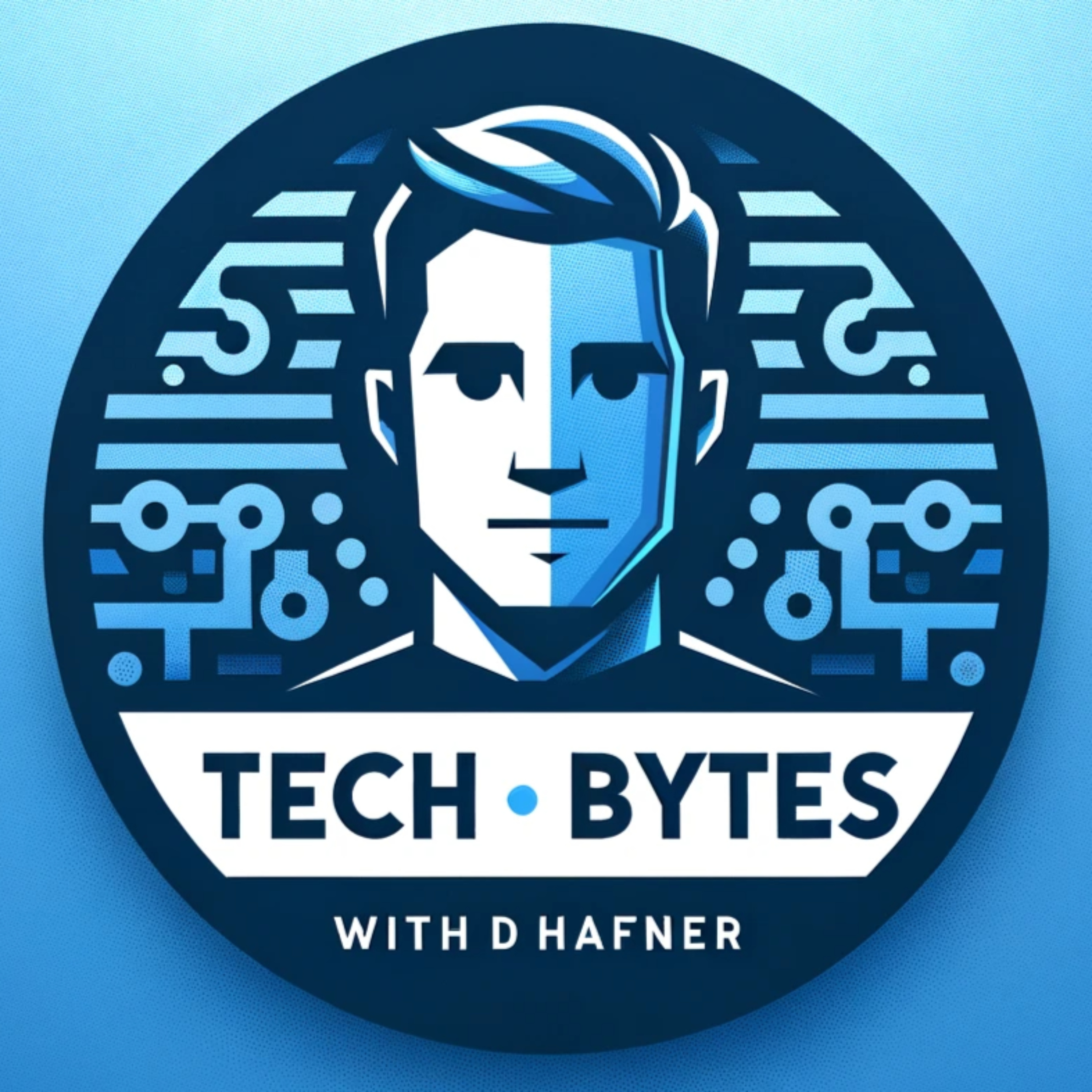
Tech Bytes - with Dan Hafner
Dan Hafner

